What Is Copyright Infringement? How To Avoid Copyright Infringement
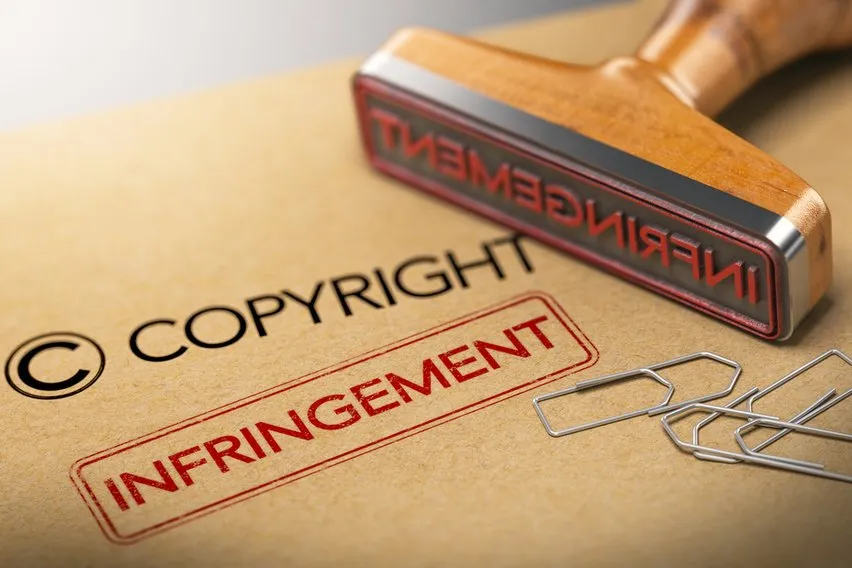
If you own a small business and don’t have a set of in-house lawyers to take care of things for you, it can be quite tricky to navigate murky legal waters.
You may have heard of copyright infringement, but what actually is it?
We’ll take a look and see how you can avoid any potential pitfalls in your business.
Here’s What We’ll Cover:
What Is Copyright Infringement?
How to Avoid Copyright Infringements
What Are the Penalties for Copyright Infringement?
What Is Copyright Infringement?
Copyright is one of several categories of intellectual property (IP) protection.
It is designed to safeguard the original creator’s or owner’s exclusive right to claim work as their own.
Copyright infringement is the use or production of a copyright-protected product or material without the permission of the copyright owner.
The infringement basically means that the rights of the copyright holder are being breached by a third party.
The most common example of copyright infringement is in the music industry. This tends to be in relation to musical compositions and music piracy.

For example, let’s say you created some content and overlaid it with music or a sound recording that is copyright-protected. If you did not get express permission from the artist or band, that would be an infringement of copyright.
If you have created some original work, you will want to protect that with a valid copyright. To do this you need to register for copyright protection to ensure that you can profit from your efforts.
If you suspect that there has been an infringement, you can file a copyright infringement claim. The aim would be to recover the actual damages suffered as a result of the infringement.
Copyright laws are often confused with other intellectual property laws. The most common confusions are trademarks, patents and licenses. Even though these all fall under IP laws, they work in different ways.
How to Avoid Copyright Infringements
The U.S. Copyright Act of 1970 was put into place to protect creative works and the copyright owner from unauthorized use or infringement.
Copyright protection falls under federal law. Yet infringements – both accidental and intentional – can and do still occur.
Copyrights are perhaps the easiest rights to obtain, but also the easiest to violate.
So how can you avoid falling into the trap of accidentally infringing a copyright law?
Understand the law itself:
As a small business owner, it is a good idea to familiarize yourself with the U.S. Copyright Act of 1970. This is the best way to understand what you can and can’t use.
If it’s not your original work, steer clear:
The easiest way to avoid any infringements is to simply not use other people’s work. A lot of companies hire musicians or content creators to create something specifically for their business. This is a great way to create fresh and engaging content without the use of other people’s work.
Don’t take things off of the internet:
Almost everything on the internet is protected by copyright. Just because there is free access to the content, such as on media platforms such as YouTube, it does not mean that it’s free to take. Always assume that it is protected by copyright and not in the public domain.
Ask before taking:
Another foolproof way to steer clear of infringement is to simply ask permission. Some artists are more than willing to share their work, whether for free or for a fee.

What Are the Penalties for Copyright Infringement?
Penalties for copyright issues vary from case to case, but they can be severe.
In the best-case scenario, you will receive a cease and desist. This is where you are asked by the copyright owner to take down the offending piece with no further charge.
However, in extreme cases, you can face criminal penalties of up to $250,000 per offense and up to five years in jail.
Key Takeaways
As you can see from the potential penalties, it is not worth breaking copyright laws.
Of course, a lot of breaches are accidental with no ill harm meant by the offender. But by making sure you understand the law and take steps to avoid any infringement, you can protect yourself and protect your business.
Are you looking for more business advice on everything from starting a new business to new business practices?
Then check out our FreshBooks Resource Guide.
RELATED ARTICLES

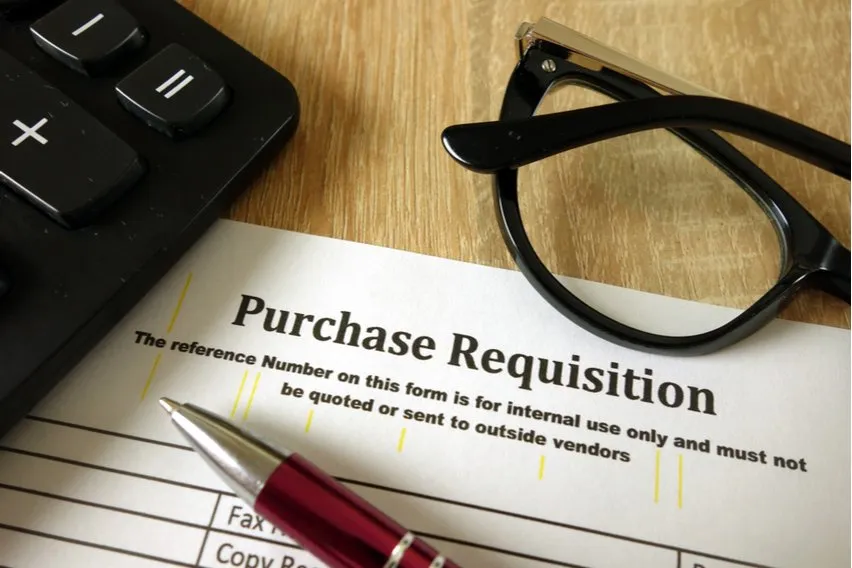 What Is a Purchase Requisition & Why Is It Important?
What Is a Purchase Requisition & Why Is It Important? What Is a Business Advisor?
What Is a Business Advisor?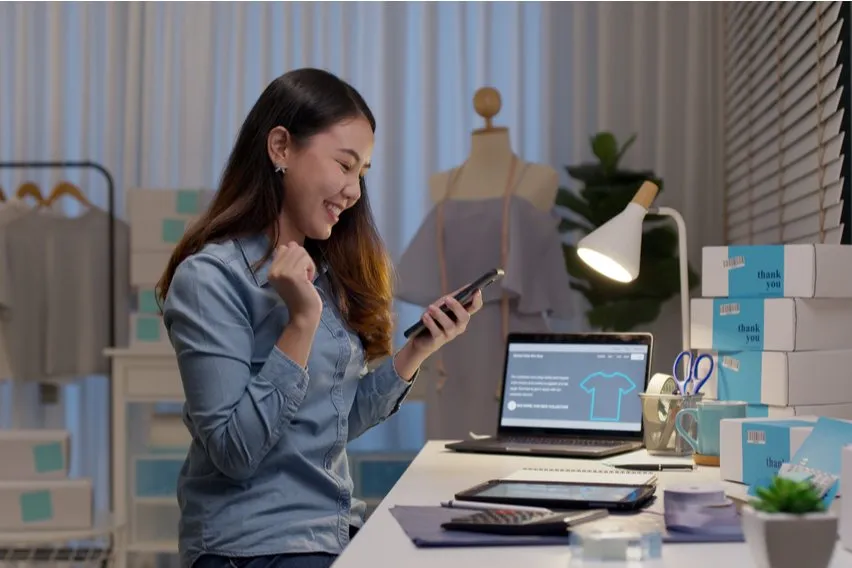 Wholesale vs Retail: What’s the Difference?
Wholesale vs Retail: What’s the Difference? What Is FBA (Fulfillment by Amazon) & How It Works
What Is FBA (Fulfillment by Amazon) & How It Works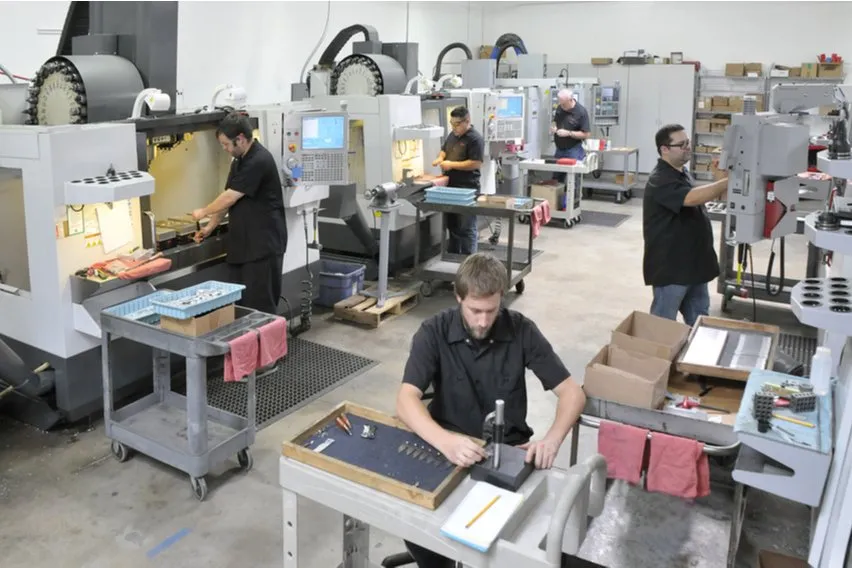 What Are Intermediate Goods? An Extensive Guide & Examples
What Are Intermediate Goods? An Extensive Guide & Examples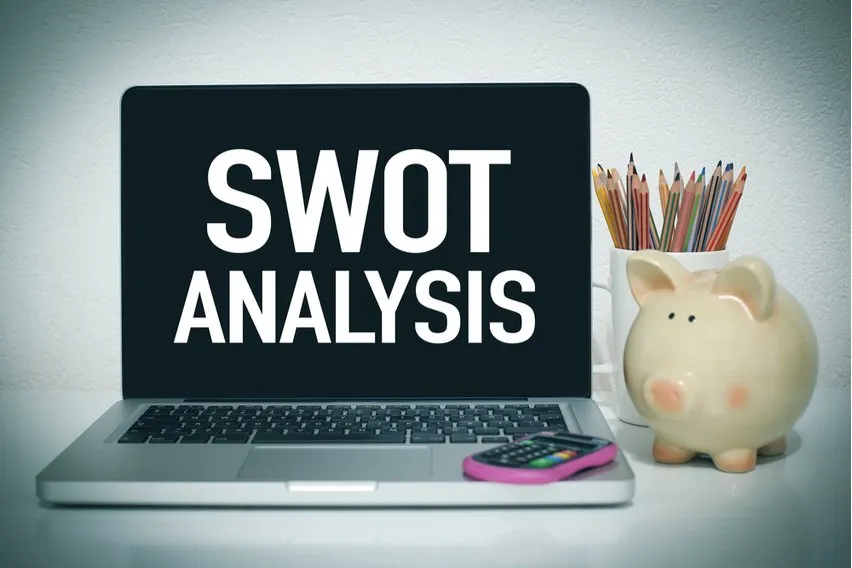 Industry Analysis: Why It’s Important & How to Analyze an Industry
Industry Analysis: Why It’s Important & How to Analyze an Industry